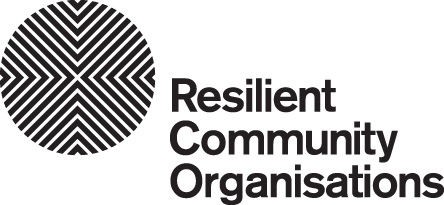Client Preparedness Ideas
Here are some ideas about how to help your clients prepare:
- Help them develop a household or personal emergency plan (many community organisations include this as a standard part of their service provision now, you should too!)
- Support community-led preparedness initiatives
- Create a buddy system in the community that pairs people with trusted local community members who can assist them in an emergency
- Support them to develop stronger relationships within their community
- Assist them to create an emergency kit
- Develop their skills to be able to stay informed during an emergency, such as how to find information about bushfires, heatwaves, cyclones and floods
- Provide them with strategies to keep cool during heatwaves
- Remind them to replace their smoke alarm batteries
- Help them to write down their emergency contact numbers in a visible location
Remember:
Foster resilience by encouraging your clients to find their own solutions where possible rather than creating expectations of assistance from your organisation or emergency services.
Where your support is essential, carefully consider any commitments you make to clients to support them during an emergency; it isn’t helpful to make promises you can’t keep.
Be Proactive! Identify and address barriers to preparedness
For examples, VicDeaf developed an initiative to improve the ability of Emergency Services to communicate with deaf people about bushfires.
VicDeaf identified the lack of Auslan interpretation of emergency broadcasts about bushfires in Victoria as a significant barrier to the deaf community's ability to prepare for and respond to bushfires.
VicDeaf approached Emergency Management Victoria, the Country Fire Authority and the Metropolitan Fire Brigade with the suggestion that they work together to ensure that their community has access to vital emergency broadcasts.
Emergency broadcasts in Victoria are now interpreted into Auslan and promoted through VicDeaf's networks, thereby building community resilience.
REDiPlan
A REDiPlan is also a useful tool to help your clients prepare for disasters and emergencies. See Module 5c below for further details.





